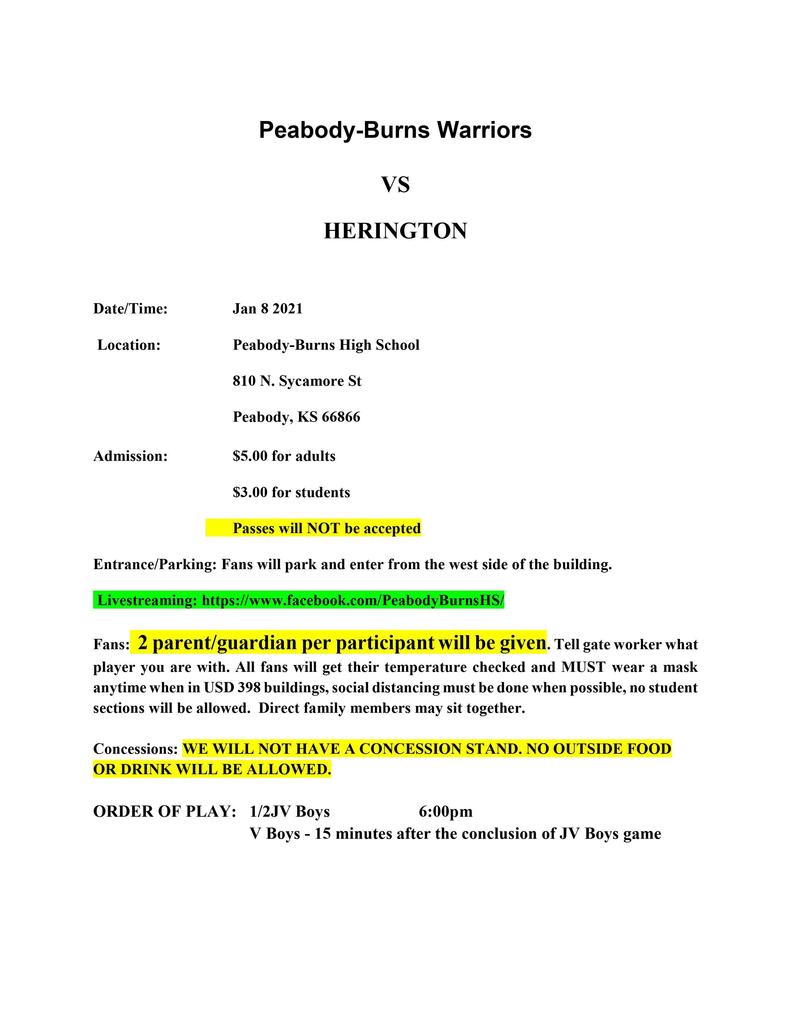Grade Levels: 7th grade
During my student teaching at Charlevoix High School, I taught a 10-12 grade elective speech class. Since the class was small in number, we were able to do a number of different speeches. I taught units on informative speaking, storytelling, future view speeches, demonstration speeches, special occasion speeches, impromptu speeches,. Video of Parter Speech; Persuasive Speech. Argument to Persuasive Speech; Teacher’s View on Students; Unit 1 Portfolio. Artist Statement; Memo; Peer Review Letter; Listening in Spaces; Remix of Artist Statement; Unit 2 Portfolio. Job Offer Application; Letter of Application; Memo; My Twitter site; Online Professionalism Memo. Unit & Lesson Plans WWII Unit & Persuasive Writing Unit Calendar - World War II & Persuasive Writing The schedule for this unit has eight periods a week.
Subject/Topic Areas: World War II, Propaganda, Persuasive Writing
Time Frame: 6 weeks
School: Pride Academy CharterSchool, East Orange, NJ
Brief Summary of Unit:
Inthis unit, students will focus on World War II. Students will be assigned a historical fiction novel,leveled for their reading abilities, with which they will participate in guidedreading and literature circles. Students will also consider propaganda of the times, and through thelens of persuasive writing tactics they will analyze, comment on, and createtheir own propaganda.
Inculmination, students will work in groups to analyze the propaganda presentedin their novels and give their recommendations of the literature they wereassigned to their fellow classmates. Students will also create a persuasivespeech to a group of characters directly in or referred to in their novels. These speeches will allow students to show what they have learned about propaganda andpersuasive writing and apply it in a creative way to their reading. The unitwill conclude with a presentation of their novel analysis and their persuasivespeeches.
Essential Questions:
- Why should we study our history through novels?
- How have certain perspectives of war evolved over time and why?
- Why do certain perspectives from war have a bigger presence in our modern society?
- How can being able to identify propaganda help us as a viewer?
Students will understand that…
- World War II was a war about global domination and great mistreatment of human life.
- Propaganda was saturated into society during World War II.
- In order to understand a war, you must look at the perspectives of the “winners” and the “losers.”
- Just because a person is a soldier doesn’t mean they fully believe in the cause they are fighting.
Students will know:
- The experiences of soldiers on all sides in World War II.
- The effects of World War II on civilians in various parts of the world
- How propaganda can alter the views of a society.
Students will be able to:
- Make connections between different novels concerning different perspectives of war.
- Identify propaganda and the persuasive traits they are utilizing.
- Create a persuasive speech and connect it to their novels.

Established Goals:
READING:
- Read, respond and analyze literary works that represent a range of social, historical, and cultural perspectives
- Form opinions and make judgments about literary works, by analyzing and evaluating texts from a critical perspective
- Share reading experiences with peers
- Read, view, and interpret texts and performances in every medium from a wide variety of authors, subjects, and genres (e.g., short stories, graphic novels, cartoons, articles, advertisements, etc.)
- Identify and evaluate the purpose of sources, with assistance
- Locate and use school and public library resources for information and research
Persuasive Speech Units. Schrader's Teaching Portfolio Allocation
WRITING:
- Write original persuasive texts
- use elements of ethos, pathos, and logos
- maintain consistent point of view, including first-person, third-person, or omniscient narrator
- create a personal voice
- Use resources such as personal experience, knowledge from other content areas, and independent reading to create literary, interpretive, and responsive texts
- Share the process of writing with peers
- Write and share personal reactions to experiences, events, and observations, using a form of social communication
LISTENING:



- Listen to and follow complex directions or instructions
- Identify the speaker’s purpose and motive for communicating information
- Interpret and respond to texts and performances from a variety of genres, authors, and subjects
- Recognize historical and contemporary social and cultural conditions in presentation of literary texts
- Connect literary texts to prior knowledge, personal experience, and contemporary situations
- Identify multiple levels of meaning in presentation of literary texts
- Participate as a listener in social conversation with one or more people who are friends, acquaintances, or strangers
- Respect age, gender, social position, and cultural traditions of the speaker
- Encourage the speaker with appropriate facial expressions and gestures
SPEAKING:
- Express a point of view, providing supporting facts
- Express opinions and support them through references to the text
- Engage in a variety of collaborative conversations, such as peer-led discussions, paired reading and responding, and cooperative group discussions, to construct meaning
- Engage in a variety of collaborative conversations, such as peer-led discussions, paired reading and responding, and cooperative group discussions, to make applications of the ideas in the text to other situations, extending the ideas to broaden perspectives
- Express opinions or make judgments about ideas, information, experiences, and issues in literary and historical articles
- Articulate personal opinions to clarify stated positions
- Use courtesy; for example, avoid sarcasm, ridicule, dominating the conversation, and interrupting
Persuasive Speech Units. Schrader's Teaching Portfolio Examples
Summary:
This unit will focus and historical fiction fromWorld War II as well as propaganda of the times and persuasive writing ingeneral. World War II is a pivotaltime for our country, and the background knowledge students’ gleam from thisunit will aid them both when faced with various texts independently and consideringcurrent events that affect them daily. It is a very emotional war for soldiersand citizens alike, and this will allow students to connect with the texts westudy as we consider how empathy, or lack thereof, played a role in the outcomeof the war.
As a class, we will be looking at various pointsof view of the war through leveled classroom novels, articles and artifactsconnecting to World War II, and various persuasive techniques that were used inWorld War II that students can utilize in their own persuasive writing. Studentswill build their reading comprehension skills through guided reading andliterature circles, analyze and practice persuasion techniques, and wrap up theunit with a persuasive speech that will connect to their novels and bepresented to their classmates.
Relationship toCurriculum:
Persuasive Speech Units. Schrader's Teaching Portfolio Strategies
Students will focus onseveral key areas of our curriculum. In reading, we will key in on theintegration of knowledge and ideas by making connections between all threenovels, non-fiction articles, and various primary sources from World War II. Inwriting, we will center on persuasion, both commenting on propaganda of WorldWar II and creating persuasive speeches. This final project will link toimportant speaking and listening skills when students present and respond topersuasive speeches where students are free to choose the point of view, thelistener, and the issue they tackle.

Impact of the Unit:
Students will analyze the impact of war oncivilians and soldiers as well as the legacy the outcome of war creates. Too often, students have a hard timestepping outside of the bubble of their lives and empathizing with the issuesand problems of other people. By considering how other youths dealt with thehorrors of World War II, students will consider and debate not only thedecisions characters and people of that time made, but be faced withcontemplating what they would do in the same situation. By improving their ability to persuadethrough their writing and their public speaking, students will strengthenskills that will serve them throughout their academic careers and beyond.
Potential Problems:
Students have not studied World War IIformally, so they have a very limited background knowledge about specificdetails which may make them miss key information in their texts andunderstanding of the unit.Therefore, we will have to directly address this with specific backgroundinformation lessons and integrating articles and materials that will help givethem a more well-rounded understanding of what was happening all around theworld during the war. Also, we will have to have frank conversations aboutparticular horrors of the war, including the holocaust in Germany, intermentcamps in the United States, and the mistreatment of conquered peoples, such asthe Koreans, in Asia, and the dropping of atomic bombs in Japan.
Additional Information:
TechnologyIntegration:Students willuse the internet to research various background information that will connectto their novels to share in their literature circles. Several internet resources will beused in our study of propaganda, including posters, graphic novels, andcartoons. We will alsorecord students propaganda speeches so that part of their self-assessment willinclude analyzing their presentation so that they can improve their publicspeaking in the future.
DifferentiatedLearning:The class will bedifferentiated in several ways. Tobegin, students will be given novels based on their reading levels. Also, when students workshop theirdrafts, they will work in groups that are mixed in the student’s level ofwriting so that each student gets a well-rounded level of feedback. Finally, students will be able to focustheir final project on whatever issue and from whichever side of the issue theychoose, allowing student to feel confident as they work on their persuasivespeeches, as persuasion can often be intimidating to students.
